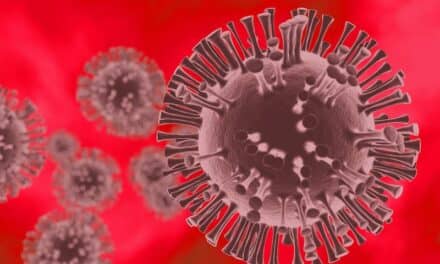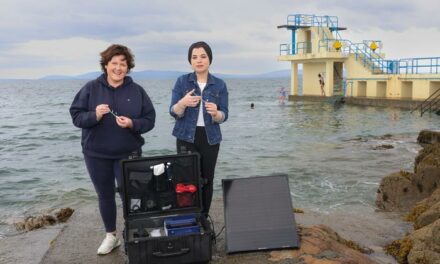Quick and accurate testing, coupled with vaccinations and ongoing public education, are essential for curbing the current surge in measles cases.
By Andy Lundin
Measles cases in the United States have already doubled in 2024 compared to what was reported nationwide through all of 2023; a total of 125 measles cases have been reported so far in 2024 versus 58 cases in 2023(1).
The resurgence of measles in the U.S. reflects not just sporadic incidents but also a pattern of outbreaks, with seven reported so far in 2024. These numbers, along with the disease’s high contagion factor, highlight the critical role of pathologists in the accurate diagnosis and management of the disease.
Podcast: The Measles Outbreak: How Diagnostics Can Help Stem Infections
The Good News: U.S. Is Highly Vaccinated Against Measles
“The positive news here is that the United States is a highly vaccinated country against measles. So we still have very high immunity against measles because we were able to have one of the best vaccination campaigns in the world,” says Syra Madad, DHSC, MSc, MCP, CHEP, senior director of the special pathogens program at NYC Health and Hospitals.
A majority of current measles cases (83%) are found in those who are totally unvaccinated for the disease or have an unknown vaccination status. Another 13% of cases have had one dose of the MMR vaccine, and another 5% have had two doses.(1)
According to the CDC, evaluation and interpretation of measles diagnostic results can be complex, particularly in measles elimination settings.(2) Knowing a person’s vaccination status is integral to the overall strategy of curbing the disease natiowide, which was once officially eliminated from the United States in 2000.
Given the disease’s resurgence, quick and accurate testing from pathologists is essential for controlling outbreaks, as early detection can lead to effective isolation and prevent the spread of the virus. Fortunately, the disease is a stable virus and labs should be equipped to handle and test for measles on an ongoing basis, Madad says.
The Bad News: Public Skepticism Over Vaccines
Unfortunately, the CDC reports that vaccination coverage among U.S. kindergartners has decreased from 95.2% during the 2019–2020 school year to 93.1% in the 2022–2023 school year.
Indeed, misinformation surrounding the safety of the MMR vaccine has been an ongoing problem, which means continued education to the public about the importance of vaccination and the risks associated with measles is vital.
“There is so much there is so much misinformation out there that people often get confused or start believing in this junk, information that’s shared with them, and then that translates into them not getting vaccinated,” says Madad. “Unfortunately, those could also be the same children that get infected with measles if you start to see it spread within your community. This is where it’s that shared responsibility to make sure that these vaccinations are not just for the individual’s protection, but they’re also for the protection of the larger community. Because when you go below the herd immunity for measles, which is over 95%, then you’re risking other people in the community to suffer the consequences of under-vaccination or low vaccination.”
Significance of Pathologist Preparedness
As measles cases continue to rise, pathologists should stay abreast of the latest diagnostic techniques and public health guidelines, Madad says, who all stressed the significance of reviewing updated reports and data coming from the CDC.
“Public health guidance can continue to change,” she says. “We know that measles antibodies are quite durable, but they do wane over time. We do know that the virus is pretty stable, and these vaccines continue to be effective, but if things do change the CDC would be the one source that you certainly want to make sure you’re continuously just checking on to see if you have the latest information regarding measles.”
References:
- CDC. Measles Cases and Outbreaks. https://www.cdc.gov/measles/cases-outbreaks.html
- CDC. Measles Serology https://www.cdc.gov/measles/lab-tools/serology.html





